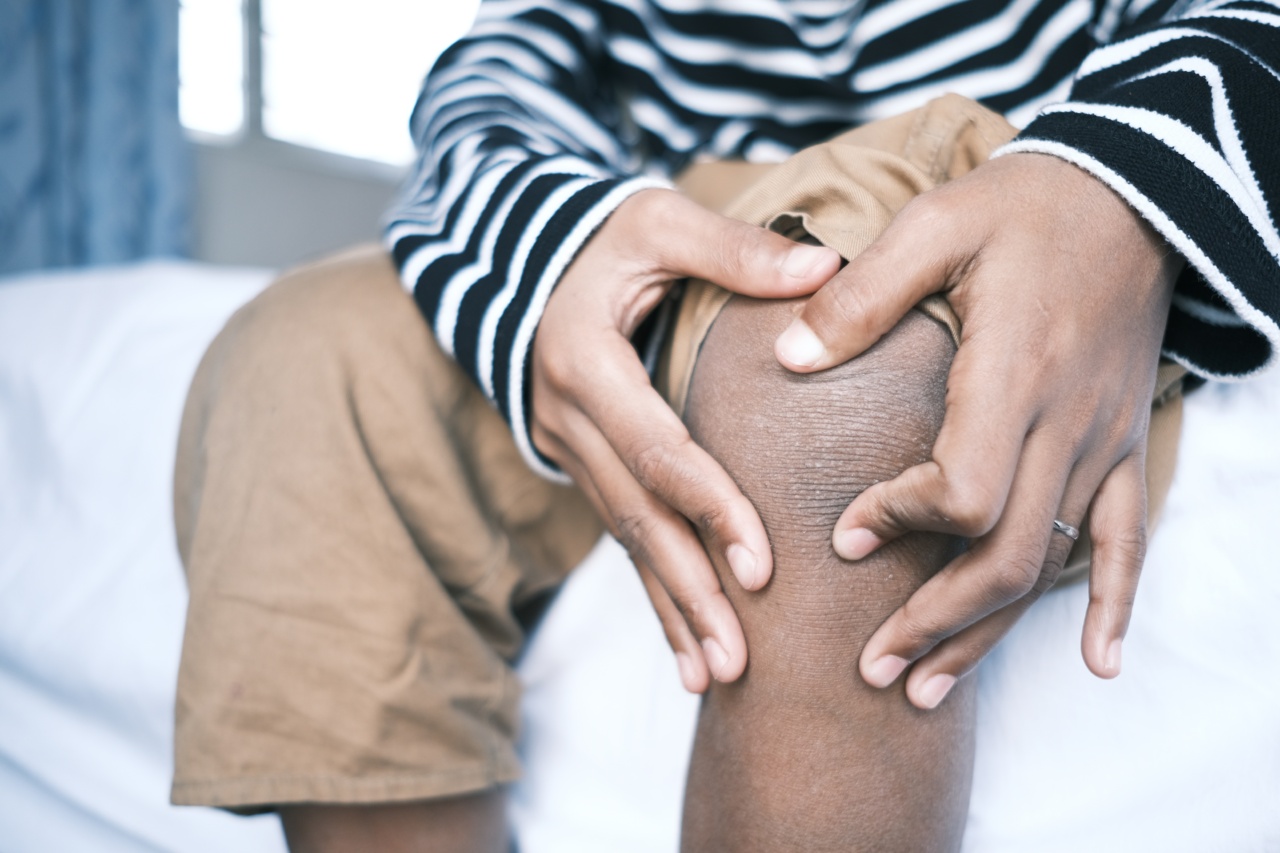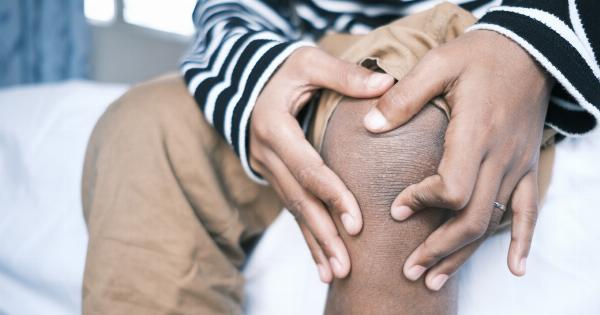Dry skin on the elbows and knees can be a common and frustrating issue. These areas of the body are prone to dryness due to their lack of sebaceous glands, which naturally produce oils to moisturize the skin.
Additionally, constant friction and pressure can worsen the condition, leaving the skin rough, flaky, and uncomfortable.
1. Proper Moisturization
One of the most vital steps in combatting dry skin on your elbows and knees is proper moisturization. Opt for thick and emollient moisturizers that contain ingredients like shea butter, cocoa butter, or lanolin.
These ingredients create a barrier on the skin, locking in moisture and providing long-lasting hydration. Apply the moisturizer at least once or twice a day, focusing on the dry areas, and massage it in gently until fully absorbed.
2. Exfoliation
Regular exfoliation is essential to remove dead, dry skin cells, allowing the moisturizer to penetrate more effectively. Use a body scrub or exfoliating brush to gently buff the skin on your elbows and knees.
Be cautious not to scrub too harshly, as this can further irritate and dry out the skin. It is recommended to exfoliate once or twice a week for optimal results.
3. Avoid Harsh Soaps
Many commercially available soaps and body washes strip the skin of its natural oils, leaving it dry and dull. Choose mild, fragrance-free cleansers that are specifically formulated for sensitive or dry skin.
These gentle cleansers will cleanse without compromising the skin’s natural moisture barrier and aid in maintaining proper hydration levels.
4. Lukewarm Water
While a hot shower or bath may be tempting, it can actually aggravate dry skin on your elbows and knees. Hot water strips the skin of its natural oils and can lead to further dryness.
Opt for lukewarm water instead and limit your bathing time to avoid excessive drying.
5. Hydrate from Within
Proper hydration is crucial for maintaining healthy skin. Drink an adequate amount of water daily to nourish your skin from within.
Staying hydrated not only benefits your overall health but also promotes skin hydration and helps combat dryness on your elbows and knees.
6. Humidify the Air
Dry indoor air can worsen dry skin conditions. Use a humidifier in your home to add moisture to the air.
The increased humidity will prevent excess moisture loss from your skin, promoting a more hydrated and comfortable environment for your elbows and knees.
7. Natural Remedies
There are various natural remedies that can help combat dry skin on your elbows and knees. For example, coconut oil is a rich natural moisturizer that can be applied directly to these areas. Its emollient properties help to soften and hydrate the skin.
Similarly, aloe vera gel, due to its soothing and hydrating properties, can also be an effective remedy.
8. Protective Clothing
During colder months or when planning outdoor activities, protect your elbows and knees by wearing long sleeves and pants. This will shield your skin from harsh weather conditions such as wind and cold temperatures, preventing moisture loss and drying.
9. Avoid Irritants
Be mindful of irritants that can worsen dry skin on your elbows and knees. Avoid wearing rough fabrics or clothing that may rub against these areas.
Additionally, avoid using heavily scented creams or lotions, as the added fragrance may cause further irritation and dryness.
10. Consistency is Key
Lastly, consistency is crucial for combatting dry skin on your elbows and knees.
Following a regular skincare routine that includes moisturization, exfoliation, and other protective measures is essential for achieving and maintaining smooth and supple skin in these areas.































